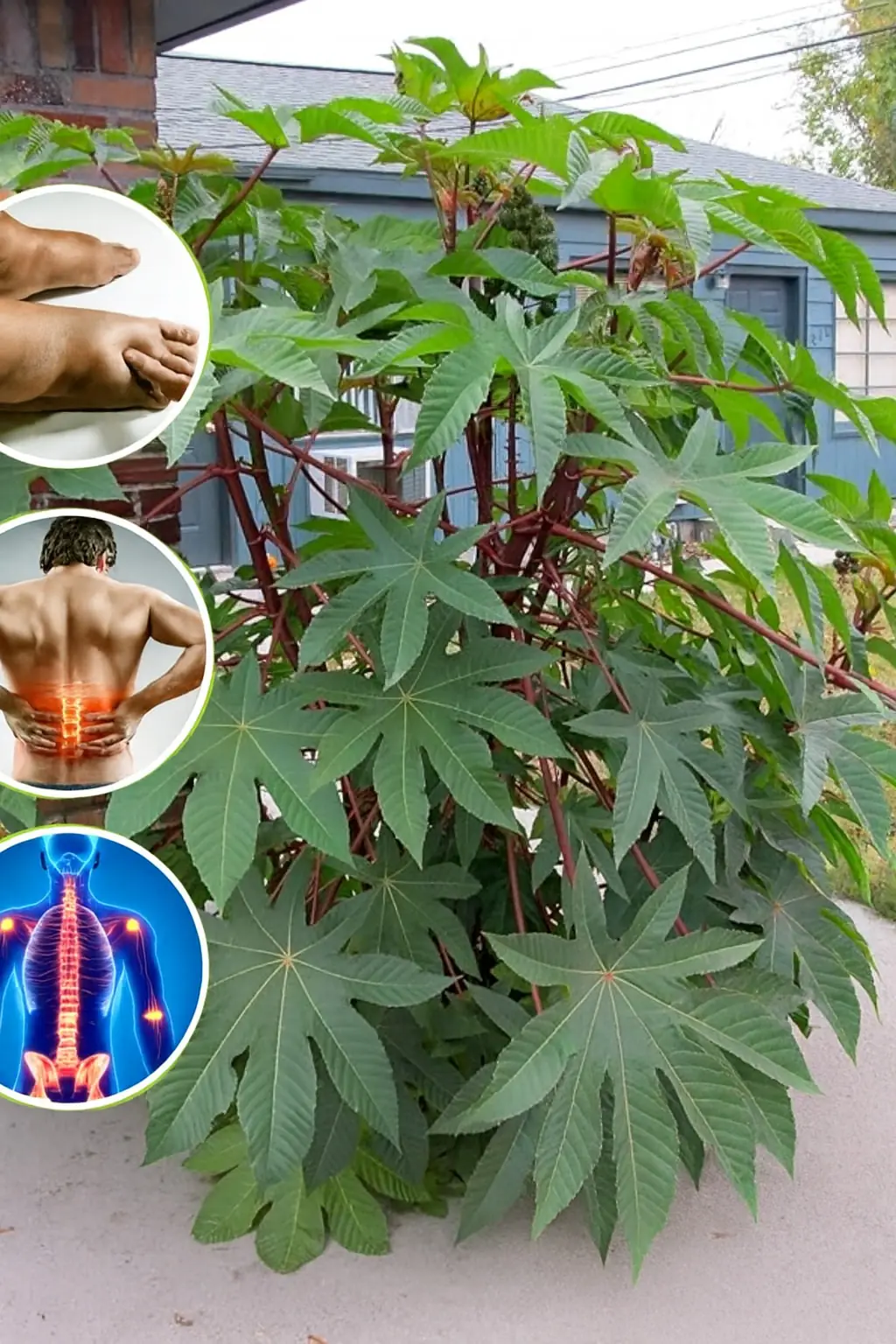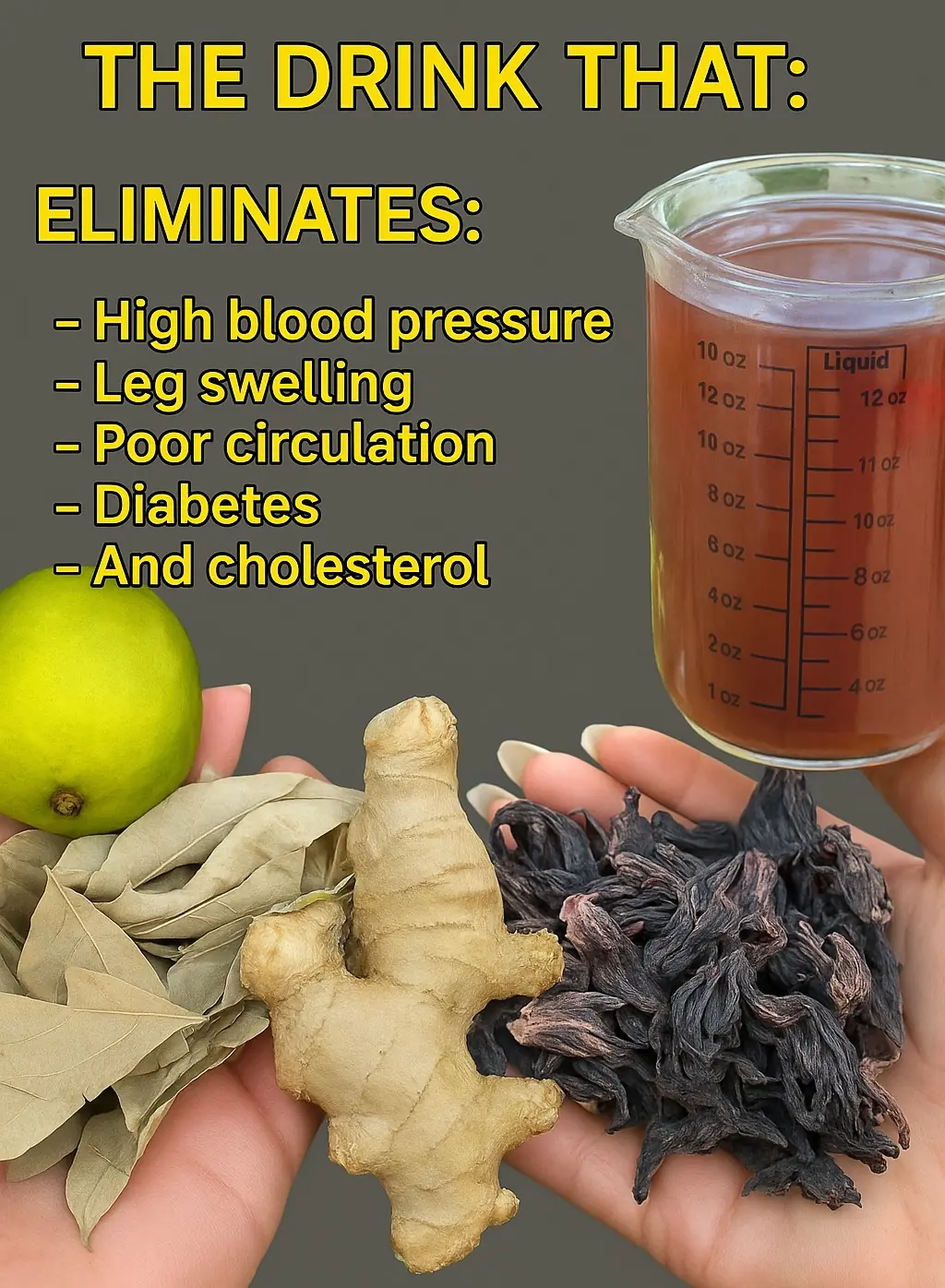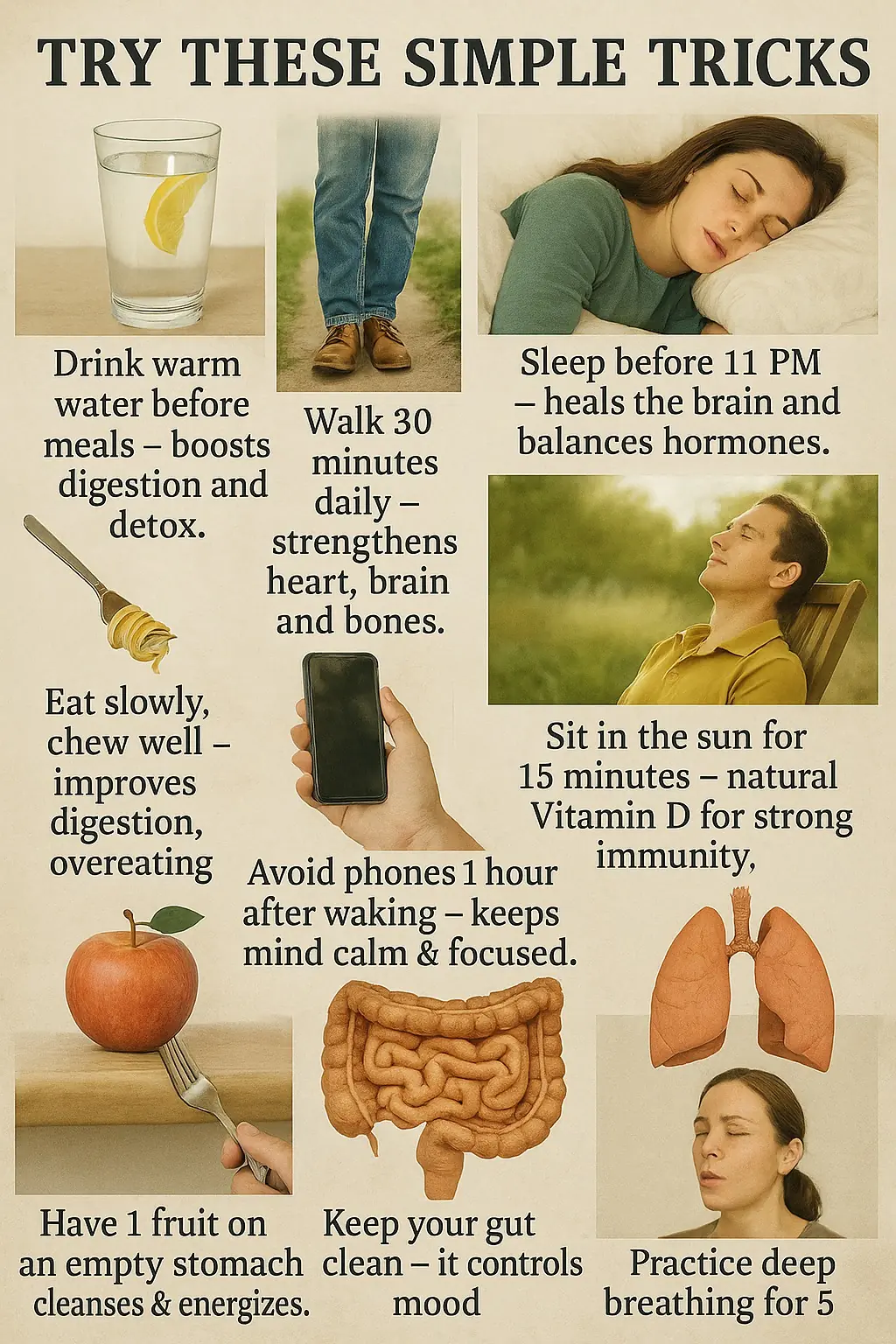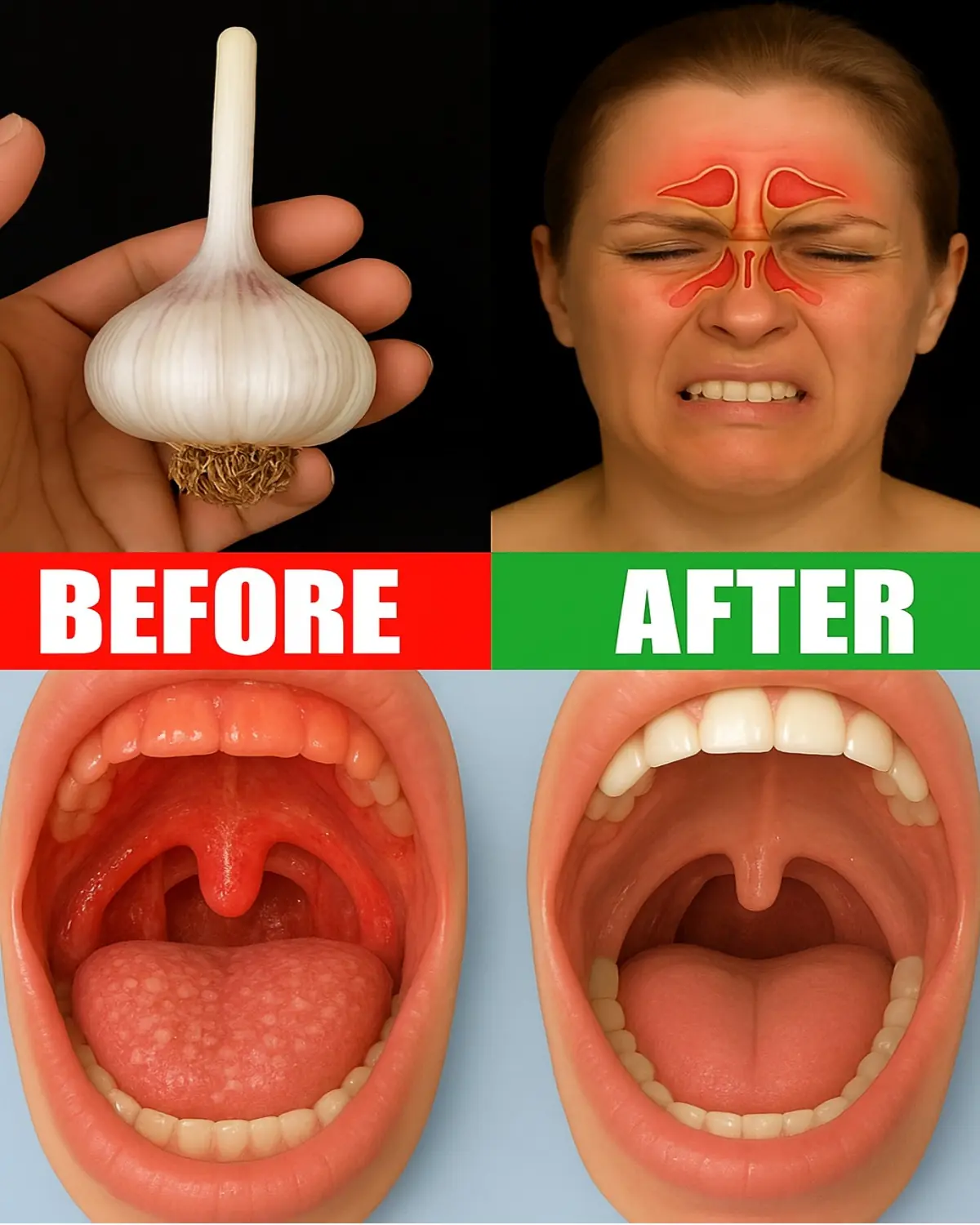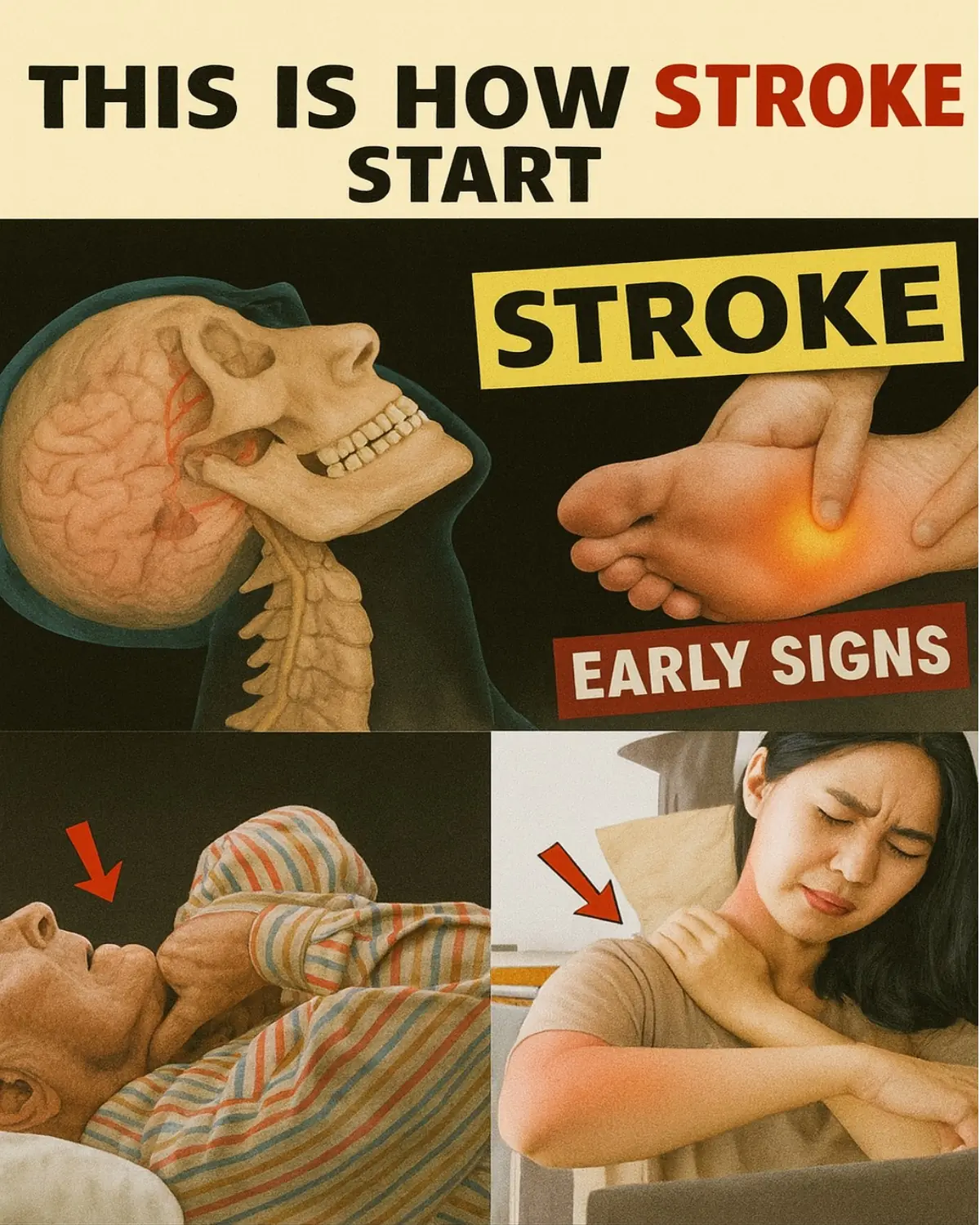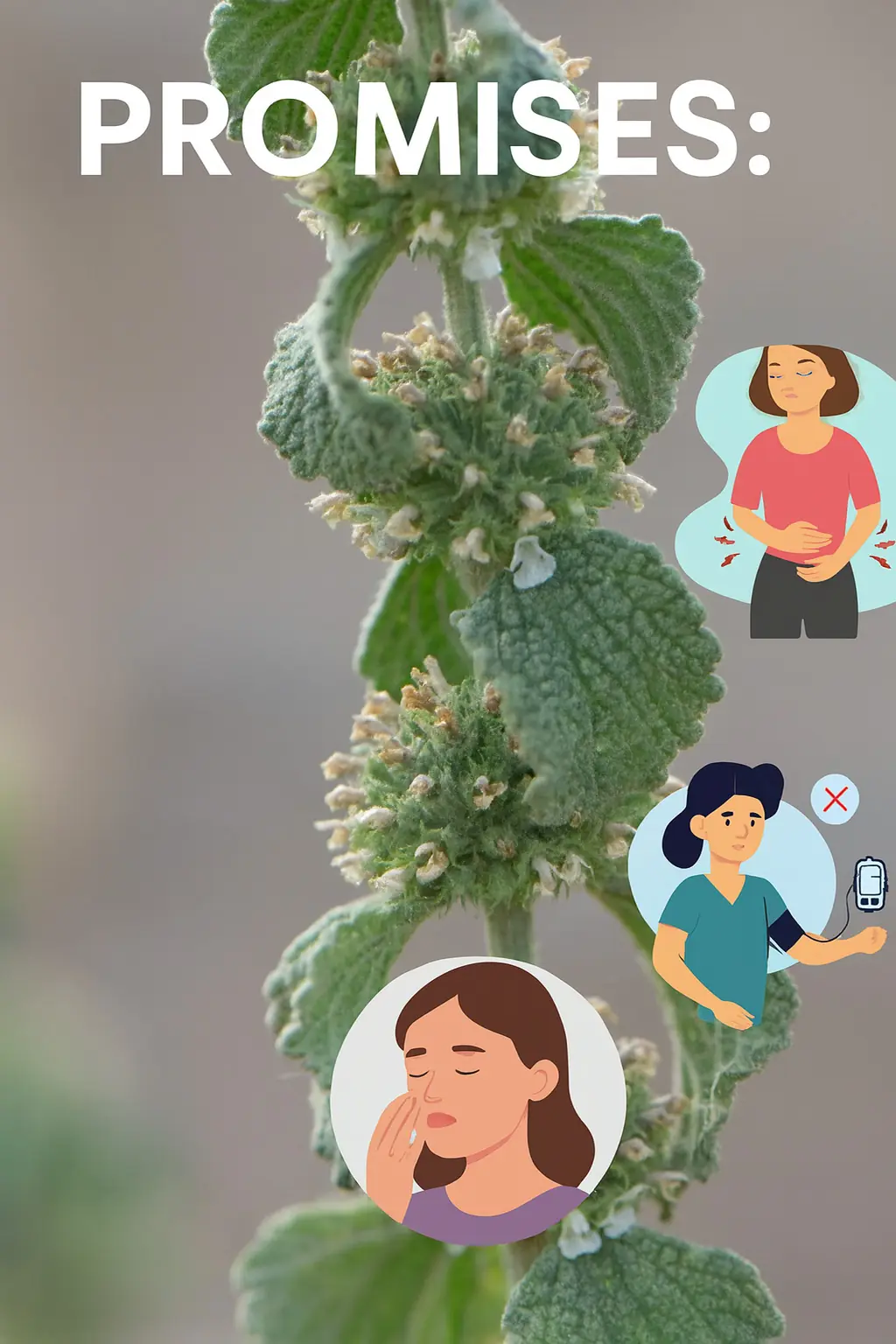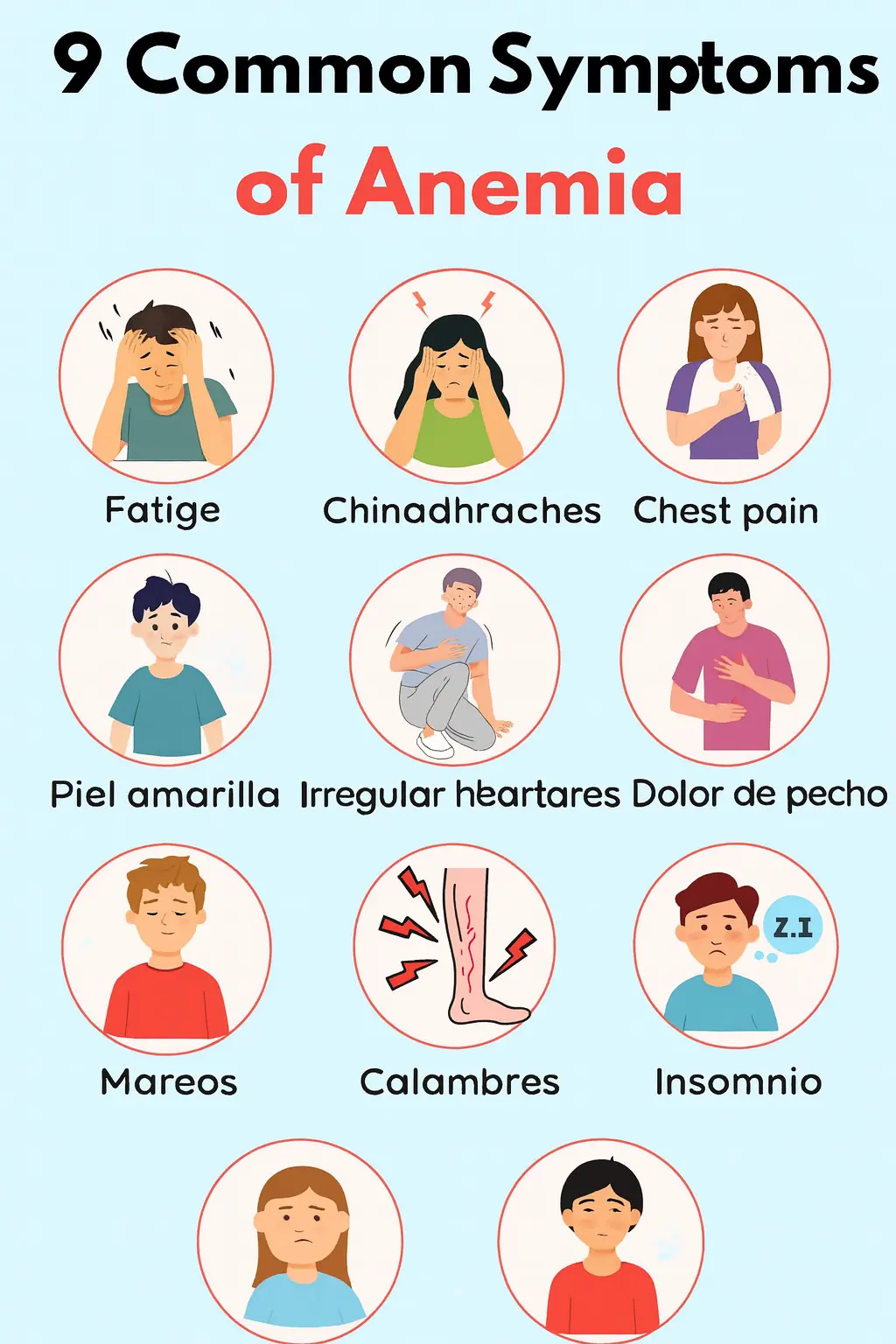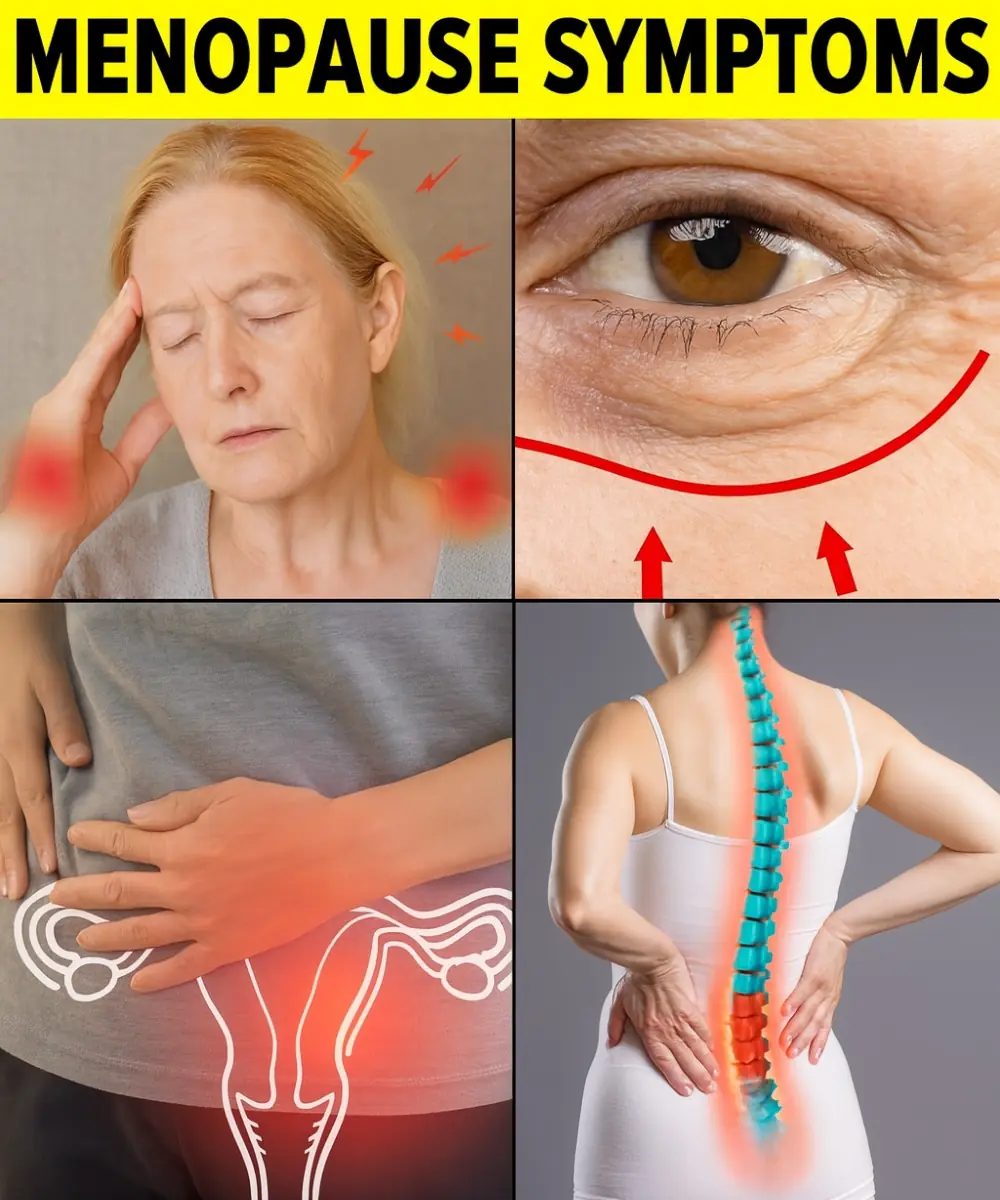
Menopause doesn’t arrive with a grand announcement. One day, you’re cruising through life; the next, your body seems to have its own agenda—sweaty spells, mood swings, or a cycle that’s suddenly unpredictable. These subtle (and sometimes not-so-subtle) shifts can catch you off guard, leaving you wondering: Is this menopause? If you’re in your 40s or beyond, those changes might be the first whispers of this natural phase. But here’s the good news: recognizing the signs empowers you to take control, embrace the journey, and feel like your strongest self yet.
From hot flashes to brain fog, we’re diving into the nine most common signs of menopause that might already be part of your daily life—without you realizing it. We’ll also share practical, science-backed ways to manage symptoms and thrive through this transition. Ready to decode your body’s signals and reclaim your vitality? Let’s explore what menopause really looks like and how you can navigate it with confidence.
🌸 Why Menopause Can Be So Elusive
Menopause marks the end of menstrual cycles, typically confirmed after 12 consecutive months without a period. But the lead-up—called perimenopause—can start years earlier, often in your 40s, and bring a cascade of changes driven by fluctuating estrogen and progesterone levels. These hormonal shifts affect everything from your temperature regulation to your mood, and they don’t follow a neat timeline. The result? Symptoms that are easy to dismiss as stress, aging, or just “one of those days.”
By understanding the signs, you can stop second-guessing yourself and start addressing them head-on. Whether you’re experiencing one symptom or several, this guide will help you connect the dots and take proactive steps toward feeling your best. Let’s uncover the nine signs that might mean menopause is here—and what you can do about them.
✨ 9 Telltale Signs You’re Going Through Menopause
These symptoms are more common than you might think, and they can vary in intensity. If any feel familiar, menopause could be the explanation you’ve been searching for.
🔥 1. Hot Flashes That Strike Without Warning
Ever feel like you’re suddenly standing in a furnace, even in a cool room? Hot flashes—intense waves of heat that can last seconds or minutes—are a hallmark of menopause, affecting up to 80% of women. Triggered by declining estrogen, they can leave you flushed, sweaty, and bewildered. They’re unpredictable, striking during meetings, errands, or quiet moments, but they’re a clear signal your hormones are shifting.
🛌 2. Night Sweats That Disrupt Your Sleep
Waking up drenched, your sheets clinging to you like a second skin? Night sweats are hot flashes’ nocturnal cousin, caused by the same estrogen fluctuations disrupting your body’s thermostat. They can interrupt your sleep, leaving you exhausted and frustrated. If you’re tossing off blankets at 2 AM, menopause might be the reason.
😢 3. Mood Swings That Feel Like a Rollercoaster
One moment you’re fine; the next, you’re tearing up over a sentimental ad or snapping at a minor annoyance. Hormonal changes during menopause can destabilize serotonin and other mood-regulating neurotransmitters, leading to emotional ups and downs. These swings aren’t a reflection of your strength—they’re a biological response you can manage with the right tools.
🩺 4. Irregular Periods That Keep You Guessing
Your cycle used to be predictable, but now it’s a wild card—skipping months, arriving early, or fluctuating in flow. Perimenopause often brings erratic periods as ovulation becomes less consistent. Whether lighter, heavier, or completely absent, these changes are a key sign your body is transitioning toward menopause.
😴 5. Sleepless Nights and Restless Mornings
Struggling to fall asleep or waking up at 3 AM with your mind racing? Menopause-related hormonal shifts, combined with night sweats or anxiety, can wreak havoc on your sleep cycle. Studies show up to 60% of women in menopause experience insomnia or poor sleep quality, leaving you drained and less focused during the day.
🧠 6. Brain Fog That Clouds Your Clarity
Forgot where you parked your car or why you opened the fridge? Brain fog—marked by memory lapses, trouble concentrating, or feeling mentally “off”—is a common yet frustrating menopause symptom. Estrogen plays a role in cognitive function, and its decline can temporarily muddy your mental sharpness. You’re not losing it—it’s just hormones at play.
💑 7. Low Libido That Changes Intimacy
If your desire for intimacy has faded, you’re not alone. Declining estrogen and testosterone levels can dampen libido, while vaginal changes may make sex less comfortable. This shift can feel isolating, but it’s a normal part of menopause that can be addressed with open communication and targeted solutions.
🌿 8. Vaginal Dryness and Discomfort
Often unspoken but deeply common, vaginal dryness results from thinning vaginal tissues due to lower estrogen. This can cause irritation, itching, or discomfort during sex or daily activities. Up to 50% of postmenopausal women experience this, but remedies exist to restore comfort and confidence.
⚖️ 9. Stubborn Weight Gain, Especially Around the Belly
Despite your best efforts, the scale creeps up, and your waistline seems to expand overnight. Menopause slows metabolism and shifts fat storage toward the abdomen due to hormonal changes. This “meno-belly” isn’t just about diet—it’s a biological shift that requires a strategic approach to manage.
🛠️ Taking Control: Practical Ways to Manage Menopause Symptoms
Recognizing these signs is empowering—it means you can take action to feel better. Menopause is a natural transition, not a condition to “fix,” but you can ease its challenges and protect your long-term health with these evidence-based strategies.
🥗 Nourish Your Body with a Hormone-Friendly Diet
Focus on nutrient-dense foods to support hormonal balance and overall wellness.
Load up on plants: Fruits, vegetables, whole grains, and legumes provide fiber and antioxidants to reduce inflammation and stabilize blood sugar.
Add healthy fats: Omega-3s from salmon, walnuts, or flaxseeds support brain health and mood.
Boost calcium and vitamin D: Dairy, leafy greens, or fortified foods strengthen bones as estrogen declines.
Limit triggers: Reduce caffeine, alcohol, and spicy foods, which can worsen hot flashes and sleep issues.
💪 Stay Active to Boost Mood and Metabolism
Exercise is a menopause game-changer, countering weight gain, mood swings, and bone loss.
Strength training: Lift weights or do bodyweight exercises 2–3 times a week to preserve muscle and boost metabolism.
Cardio: Aim for 150 minutes of moderate activity like brisk walking or cycling weekly to support heart health and reduce stress.
Yoga or stretching: These practices improve flexibility, reduce anxiety, and help with sleep.
😴 Prioritize Sleep for Restoration
Quality sleep is critical but challenging during menopause. Create a rest-friendly routine:
Cool your bedroom: Keep the temperature at 60–67°F to minimize night sweats.
Establish a wind-down ritual: Try reading, meditation, or a warm bath to signal relaxation.
Limit screen time: Avoid blue light from devices 1–2 hours before bed to support melatonin production.
🩺 Explore Treatment Options with Your Doctor
Every woman’s menopause journey is unique, so work with a healthcare provider to tailor solutions.
Hormone therapy: Low-dose hormone replacement therapy (HRT) can ease hot flashes, dryness, and mood swings for some women, but discuss risks and benefits.
Natural supplements: Black cohosh, evening primrose oil, or soy isoflavones may help with symptoms, though evidence is mixed—consult your doctor first.
Lifestyle tweaks: Acupuncture, mindfulness, or cognitive behavioral therapy (CBT) can reduce symptoms like insomnia or anxiety.
Vaginal health: Moisturizers or low-dose estrogen creams can relieve dryness and discomfort.
🧘 Manage Stress to Reclaim Balance
Chronic stress amplifies menopause symptoms, so prioritize calm.
Practice mindfulness: Spend 5–10 minutes daily on deep breathing or meditation to lower cortisol.
Connect socially: Share experiences with friends or support groups to feel less isolated.
Seek therapy: A counselor can help navigate emotional challenges with practical coping strategies.
🌍 Why Menopause Matters—and Why You’re Not Alone
Menopause affects every woman differently, but it’s a universal experience that touches millions. In the U.S., over 2 million women enter menopause annually, and the average age is 51, though perimenopause can start as early as your 40s. Cultural stigmas often shroud it in silence, but today’s women are reclaiming the narrative, sharing stories on platforms like X about navigating symptoms with grace and grit. By understanding these nine signs, you’re joining a community of women who are empowered to thrive through this phase, not just endure it.
🌟 Your Next Steps: Embrace Menopause with Confidence
If these signs hit home, you’re not imagining things—menopause might be unfolding, and that’s a powerful opportunity. This isn’t the end of vitality; it’s a chance to rediscover your strength, wisdom, and resilience. Start by tracking your symptoms in a journal to spot patterns, then share them with your doctor for personalized guidance. Small changes—like tweaking your diet, moving your body, or exploring remedies—can make a big difference in how you feel.
Menopause is a new chapter, not a closing one. With knowledge and proactive steps, you can navigate it with confidence, emerging stronger and more in tune with your body than ever. So, take a deep breath, embrace the journey, and let this be the start of a vibrant, empowered you. 🌸
Disclaimer: This article is for informational purposes only and not a substitute for professional medical advice. Consult your doctor before making health changes.





